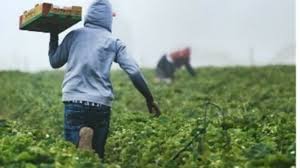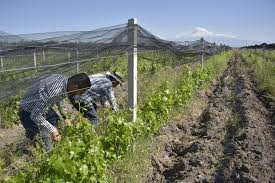Project formulation is defined as taking a first look carefully and critically at a project idea by an entrepreneur to build up an all-round beneficial project after carefully weighing its various components.
After identifying a project that prima-facie appears to be worthwhile, the project promoter further analyses the project to ensure that it has potential and that the investment will not be wasted, but will yield attractive returns.
Stages of Project Preparation (Project Formulation)
Project preparation consists of four stages:
1. Pre-feasibility study: This stage aims to determine whether the project offers a promising investment opportunity and if any aspects of the project are critical and require in-depth investigation through market surveys, laboratory tests, pilot plant tests, etc.
2. Functional studies (Support studies): These are studies conducted in areas such as market study, raw material/input study, and equipment selection to address critical factors identified in the pre-feasibility study.
3. Feasibility study: This is a more detailed study that assesses the technical, economic, and financial viability of the project.
4. Detailed project analysis: This stage leads to the preparation of a detailed project report, including all necessary data for implementation.
Read Also: Onions Farming Complete Business Guide
Pre-feasibility Study

A pre-feasibility study has the following main objectives:
i. To determine whether the project offers a promising investment opportunity.
ii. To identify any critical aspects of the project that may require further in-depth investigation, such as market potential, competitors, available technologies, raw material sources, plant location, manpower, investment, return on investment, and costs.
The pre-feasibility study typically provides rough estimates for project cost, production capacity, raw material inputs, financial profitability, and potential social benefits. If the pre-feasibility study suggests that the project is viable, a feasibility study is initiated.
If any areas of the project require detailed investigation, support studies are conducted before proceeding with the feasibility study.
Read Also: Water: How much should you drink every day
Support Studies (Functional Studies)

Support studies are conducted in areas such as:
1. Market study: To assess market potential, competition, and trading practices.
2. Raw material/input study: To evaluate the availability, cost, and continuous supply of raw materials for production.
3. Project location study: To consider factors like proximity to raw materials, markets, transportation, and labor.
4. Plant size study: To assess the optimal plant size based on available technologies, production costs, and market capacity.
5. Equipment selection study: To choose the most suitable equipment based on capital cost, operational efficiency, and after-sales support.
For example, a pre-feasibility study might determine that the success of the project depends on successfully marketing the product due to intense competition. In such cases, a detailed market study would be required to assess the viability of the product in the market.
If the market study suggests that the proposed product would be difficult to sell, there may be no need to conduct a feasibility study, and the project may be shelved.
Similarly, support studies for raw materials, project location, plant size, and equipment selection help ensure that the project is set up with the best possible resources, ensuring its success when implemented on a larger scale.
Do you have any questions, suggestions, or contributions? If so, please feel free to use the comment box below to share your thoughts. We also encourage you to kindly share this information with others who might benefit from it. Since we can’t reach everyone at once, we truly appreciate your help in spreading the word. Thank you so much for your support and for sharing!
Read Also: Factors to Consider Before Starting a Fish Farming Business






